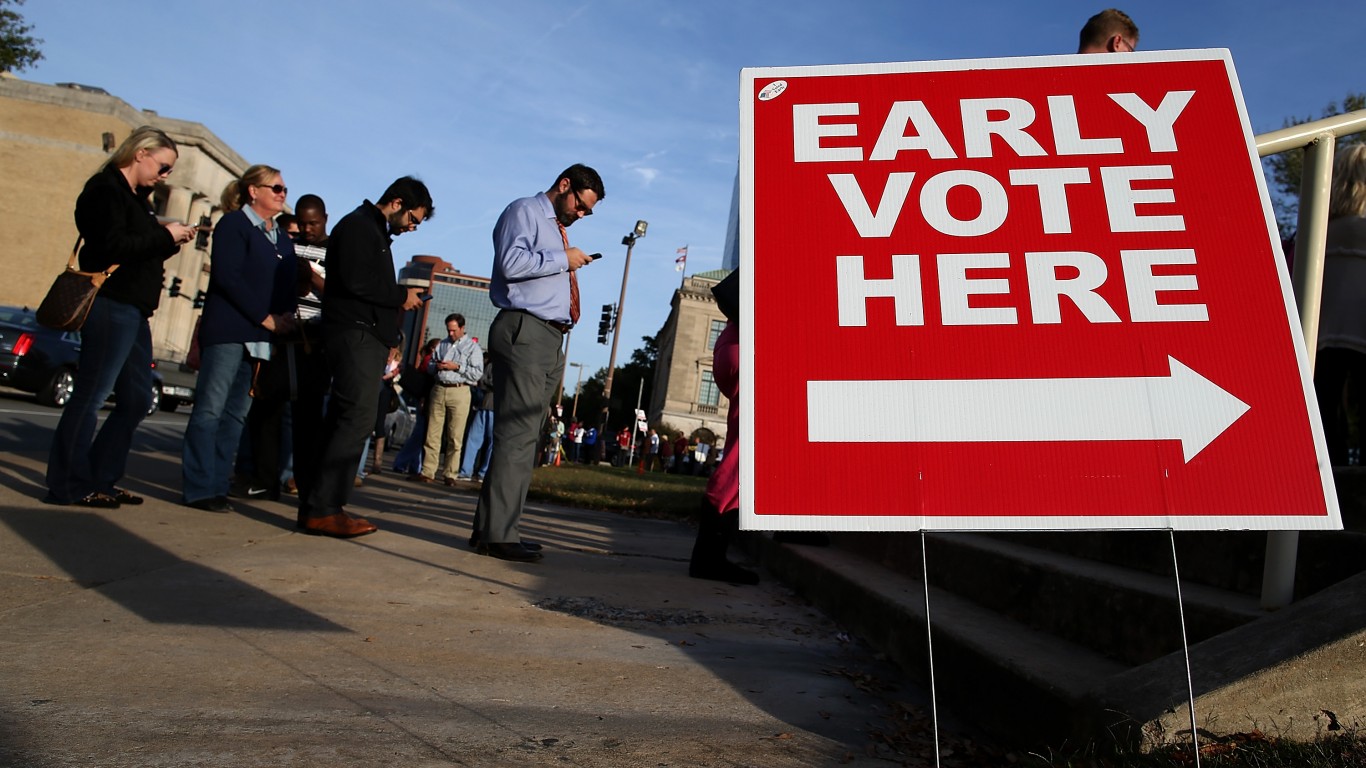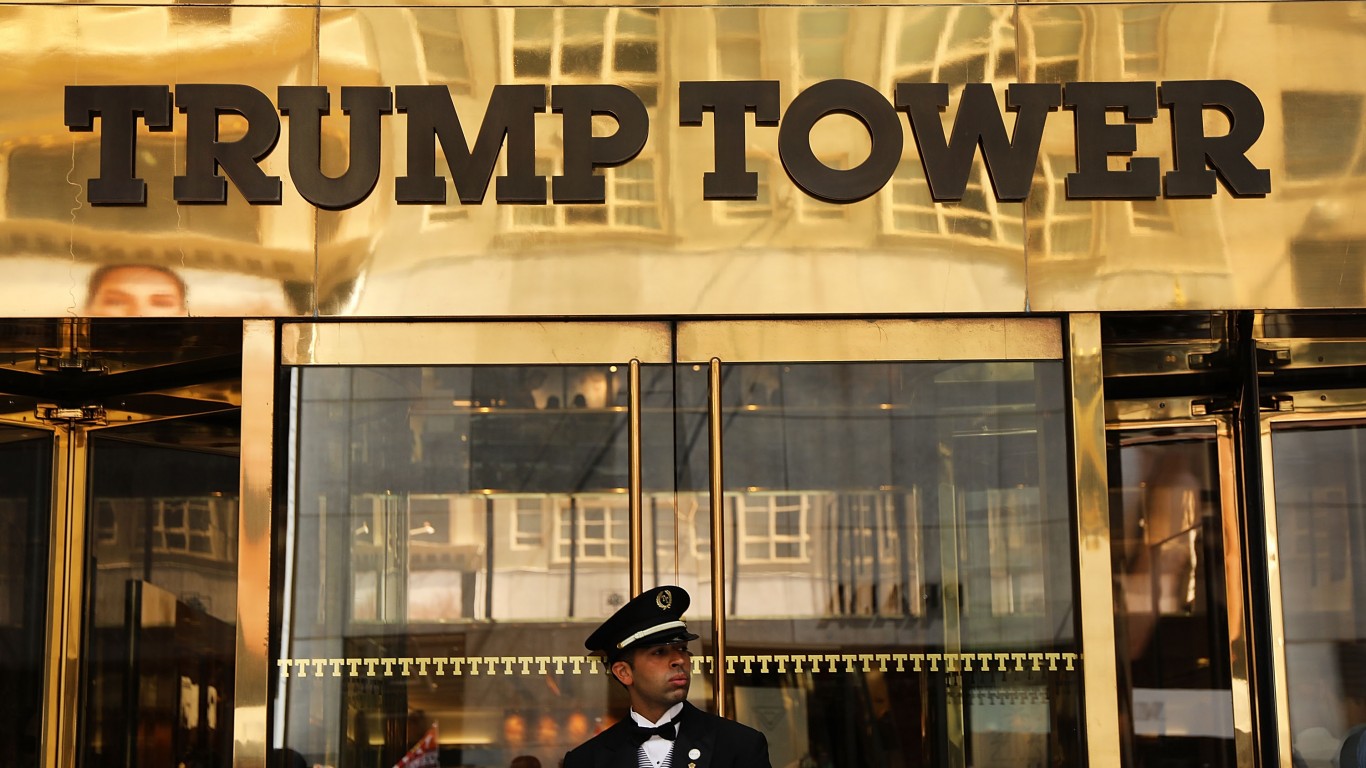
President Biden’s attempts to improve voter rights appear to have disappeared. Two bills approved in the House of Representatives (the Freedom to Vote Act and the John Lewis Voting Rights Advancement Act) will not make it through the Senate. According to The New York Times, “The push to proceed even in the face of almost certain failure reflects the party’s conundrum, facing two key defections in its ranks and a wall of Republican opposition.” The two are Senator Kyrsten Sinema of Arizona and Senator Joe Manchin III of West Virginia.
The battle also has gone on from state to state. In many, Republicans want to make it harder to vote by mail or to vote early. They also hope to take over key state government elected posts with people who may not certify votes that favor candidates who are Democrats.
For its recent How Easy Is It to Vote Early in Your State? study, the Center for Election Innovation & Research “compiled current data from all 50 states and the District of Columbia, indicating whether the state offered mail voting to all voters or required a specific excuse, and whether the state made in-person early voting available to all voters.”
The authors of the study reported the data was accurate as of April 2021 for the 2022 election. The drawback of this is that states continue to enact laws that may change which ones regulate voting more or less based on the criteria at the time the research was published.
The most restrictive states were labeled “Excuse Required Absentee; In-Person Early Voting Not Available to All Voters.” Six states made this list: Alabama, Connecticut, Mississippi, Missouri, New Hampshire and South Carolina. The list counters the myth that the hardest states to vote in are in the South and politically conservative. Connecticut and New Hampshire clearly fall outside that mold.
Get Ready To Retire (Sponsored)
Start by taking a quick retirement quiz from SmartAsset that will match you with up to 3 financial advisors that serve your area and beyond in 5 minutes, or less.
Each advisor has been vetted by SmartAsset and is held to a fiduciary standard to act in your best interests.
Here’s how it works:
1. Answer SmartAsset advisor match quiz
2. Review your pre-screened matches at your leisure. Check out the advisors’ profiles.
3. Speak with advisors at no cost to you. Have an introductory call on the phone or introduction in person and choose whom to work with in the future
Thank you for reading! Have some feedback for us?
Contact the 24/7 Wall St. editorial team.




